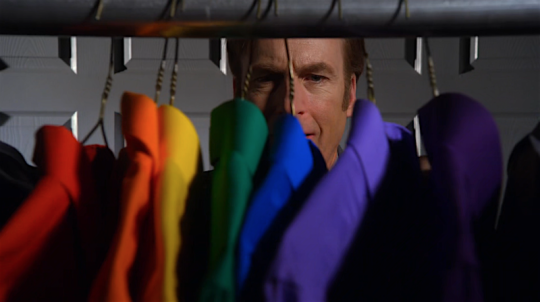- What have you learned intellectually about the topics we’ve covered so far? Please refer to at least four readings, videos, or activities that helped you learn this and explain why. What questions do you still have about these topics, and how might you use your Soliya experience to enrich your knowledge?
Thus far in this course, I can come to say I have learnt what i thought were already-known topics on a deeper level. By that I mean, prior to this course, I would have rushed to give a mundane definition for the term ’empathy’; but now, having covered extensively and deeply in games like Spent and the BBC’s Syrian Refugee, I can give a well-rounded explanation to empathy, what it entails to be truly empathetic, and how this manifests in different contexts. I got to understand that sometimes, despite the apparent existence of options, one does not have any real choice. This can sometimes lead to the compromise of one’s moral code; yet again, one does not have any real choice. For instance, in principal I wouldn’t harm my dog (who would), but I found myself putting it to death as it was much merciful to “end it” since I couldn’t afford the expensive medical care (in Spent). As such, we must be empathetic of rather than jumping to oblivious conclusions and judgments. I also got experience how relentlessly dangerous media outlets have become in the pursuit of clicks and revenue – not by covering the truth, the whole truth, and nothing but the truth – but instead by fueling hatred towards the ‘other’. Such a lesson was solidified by the Fake It To Make It game. Speaking of ‘other’, this brings me to the most interesting and elaborate reading we’ve had in this course: The Problem of Othering. The article perfectly explains the term othering and truly captures the alienating essence of the term. I love how it not only explains the term, but takes a nosedive into the socio-economic and political underpinnings of the term itself. For instance, the part about demagoguery, Hitler, the systemic alienation of Jews, and the subsequent persecution shows the disastrous ramifications of such a term.
- What have you learned about yourself and the way you view the world so far? What questions do you still have about your own self and how you present yourself to the world? How do you expect your identity to affect your Soliya experience as you interact with people from other cultures? How might you use the Soliya experience to enrich your self-knowledge?
Bias is inherent. That’s what creates people with differing opinions, inclinations, and outlooks towards life. However, this bias becomes worrisome if it materializes in routine person-to-person interactions such as but not limited to employment and pay gaps (yeah, discrimination basically). As such, the key takeaway here is for one to be conscious of their bias in order to evade the possibility of discrimination. I still don’t know the nature of our interactions in Soliya (other than it’s online), but assuming that it’ll involve some for form of group discussions, then I expect to become increasingly culturally aware, appreciative of differences in opinions, and more welcoming towards debates. I would like to use Soliya as an opportunity to assess my ability to interact with culturally different people – who come from varying colours (figuratively speaking) – before and after its duration and, accordingly, appraise my growth.
- What have you learned in terms of interactions with other people? What questions do you have about how to become a better “global citizen”? How would you like your Soliya experience to help you learn to be a good “global digital citizen”? How might you use your Soliya experience to enhance your ability to interact with culturally different people?
Due to the different games, activities, readings, and videos, I have become more understanding towards other people as I can not imagine what their circumstances are. Such a notion was spurred through my university interactions as I have come to befriend people from differing socio-economic backgrounds, each of which unpacks a whole lot unique journey. I would like it if my Soliya experience was a similar to the online Zoom session that we had with the people from the USA. It would be great if it centers around discussions as I believe this is a practical way to becoming a global citizen: being both aware and accepting of the inherent variations in cultures. I believe putting myself out there, making mistakes, offending people (unintentionally), then – in turn – making less mistakes and offending people less often is a sustainable road towards enhancing my ability to interact with culturally different people.


Provide Feedback